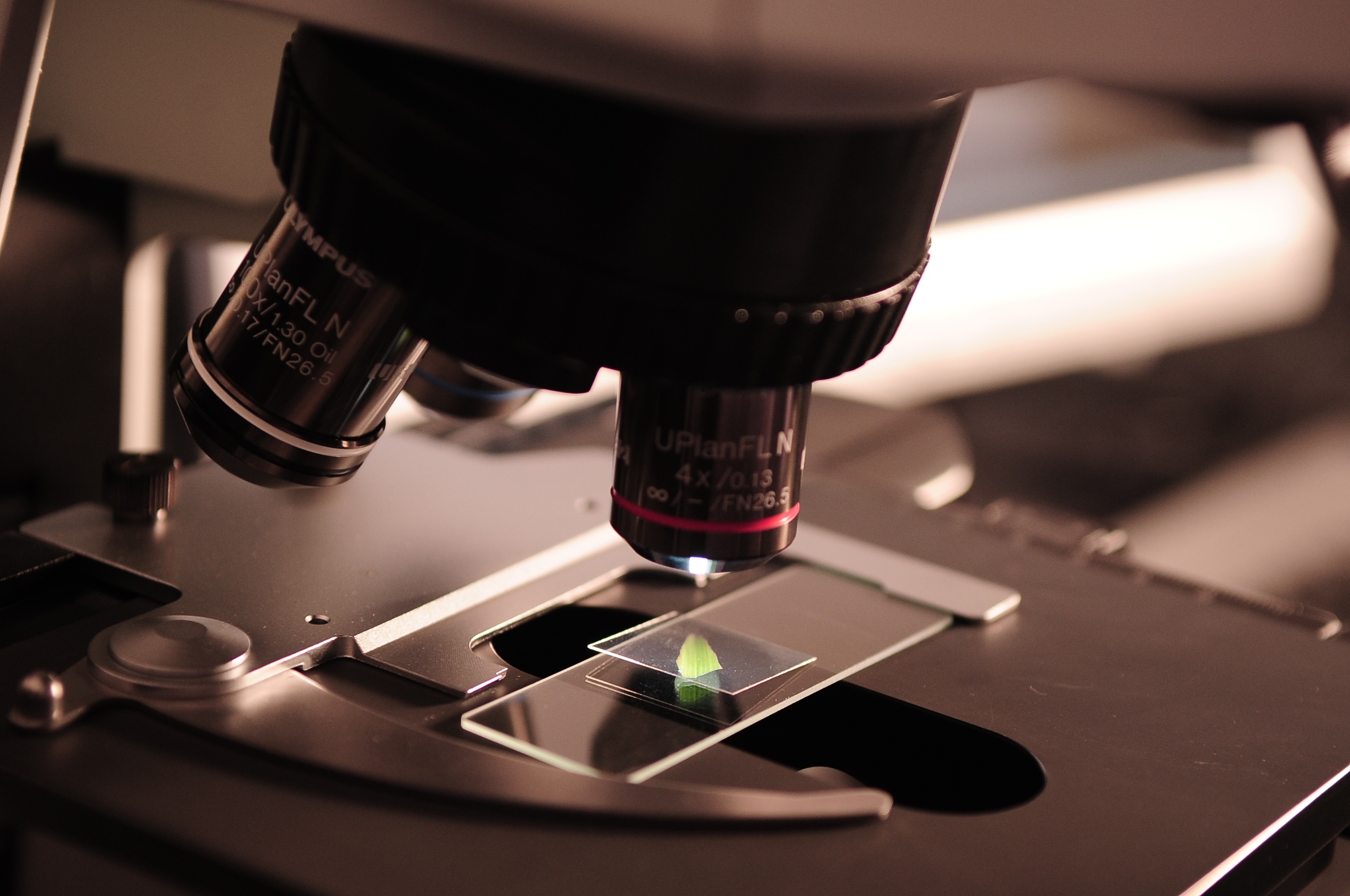
2007
Patrick A. Singleton, Ph. D.
Instructor of Medicine, Section of Pulmonary and Critical Care, Department of Medicine, University of Chicago
Hyaluronan (HA) Regulation of Tumor-associated Angiogenesis
Hyaluronan (HA) Regulation of Tumor-associated Angiogenesis
Angiogenesis or the formation of new blood vessels is important in the growth and metastatic potential of various cancers. Therefore, recent therapeutic interventions for the inhibition of cancer progression include drugs that target both tumor growth and angiogenesis. However, the cost of these drugs are often high and there are significant side effects. Therefore, the discovery of a potent, cost effective, anti-angiogenic agent with minimal side effects would be of immense importance in cancer therapy. We have exciting preliminary data to suggest that high molecular weight hyaluronan (HMW-HA), the major glycosaminoglycan in the body, inhibits tumor-associated angiogenesis through CD44 isoform-specific signaling and inhibition of hyaluronidase and HABP2 activity. Therefore, HMW-HA can potentially be used as a novel cost effective cancer treatment. As HMW-HA occurs naturally in the body and is currently used in the treatment of skin and joint disorders, one can anticipate minimal side effects.